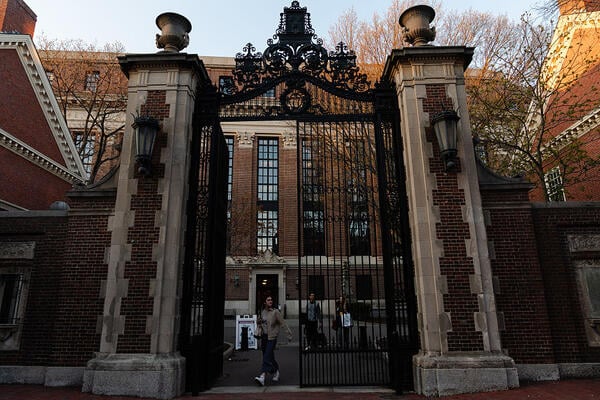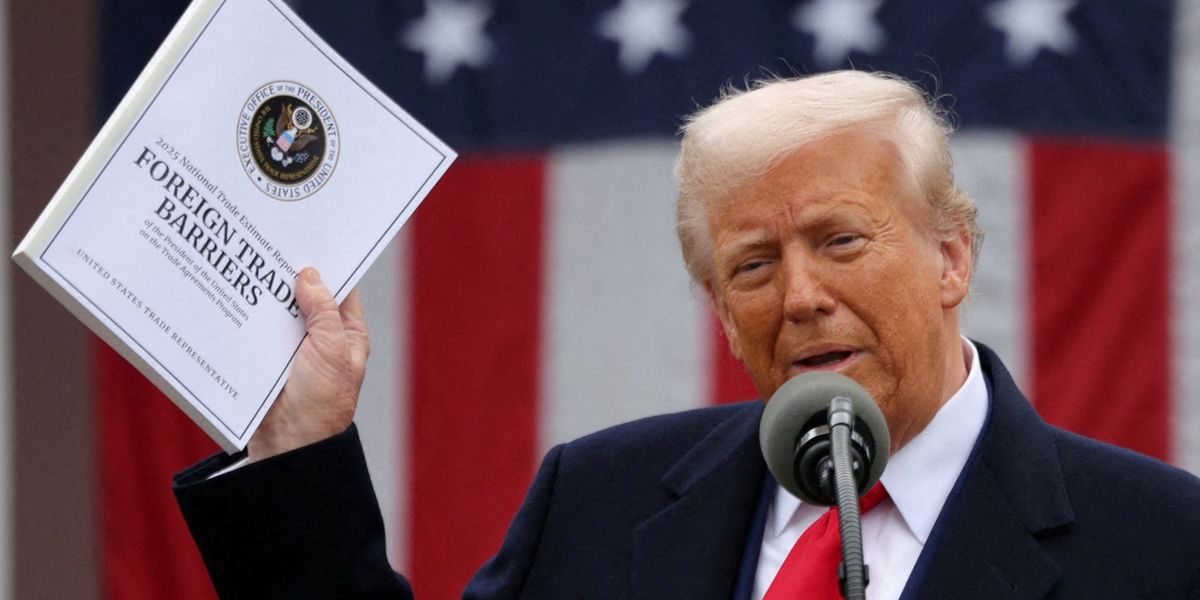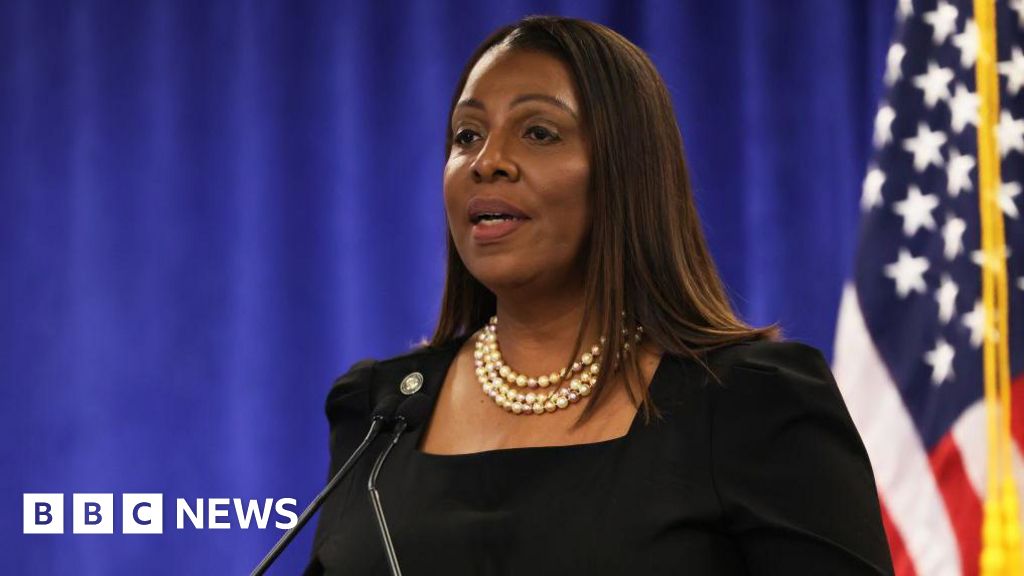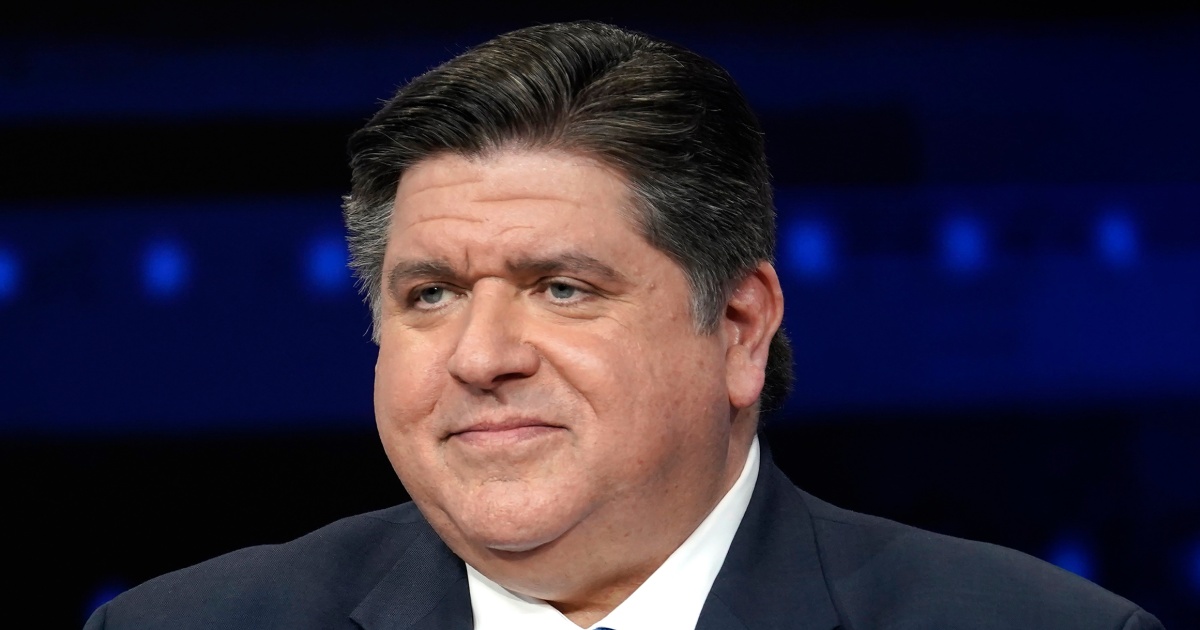Trump's Second Term Ignites Global Rethink of Alliances as Europe and Allies Consider Major Strategic Shifts
This article is exclusively available to Business Insider subscribers. Become an Insider to access more in-depth analysis.
President Donald Trump has begun his second term in office with a bold and assertive approach, using the early months to impose his foreign policy priorities on an international stage. His rhetoric has stirred tensions, particularly with longstanding allies, as he told them bluntly that they "don't have the cards." This has led to significant debates in various European capitals and beyond about the potential strategies they might pursue in response.
Among the proposals currently being floated are measures ranging from relatively minor annoyances to drastic actions that could entirely reshape defense and economic ties that have bound the West together for nearly a century. These discussions include sourcing military equipment from non-U.S. manufacturers, implementing stricter counter-tariffs, diminishing intellectual property protections for American firms, and reducing dependence on U.S. technology, according to insights from over two dozen government officials from Europe and Canada who spoke on the condition of anonymity due to the sensitive nature of the discussions.
As one EU diplomat put it, there has been a notable shift in mindset: "We've moved on from seduction to strategy. We'll make decisions to protect our own interests." The diplomat further stated, "We need to carve out a path that works without Washington."
Just under three months into Trump's new term, the impact of his transactional and often mercantilist approach has sent shockwaves through capitals worldwide. His controversial proposals have raised eyebrows, ranging from the suggestion of annexing territories such as Canada and Greenland to seeking an end to the conflict in Ukraine predominantly on terms favorable to Russia. Vice President JD Vance's disparaging remarks about European nations, labeling them as "freeloaders," have only added fuel to the fire.
Moreover, this month, Trump delivered a market-shocking announcement regarding sweeping tariffs on nearly all American trading partners, a move criticized by numerous economists as ill-conceived. This decisive action has obliterated any lingering notions among European leaders that they could effectively manage or rein in the unpredictably mercurial American president, as they had attempted during his previous term.
On April 2, Trump declared a series of tariffs, dubbing it "Liberation Day," an announcement that sent ripples through the global economy. Leaders from cities like London to Warsaw, Helsinki to Rome, are now actively trying to de-escalate tensions while simultaneously looking at ways to protect themselves from the potential fallout of Trumps foreign policy chaos. Their initial responses may signal the beginning of significant fractures in the long-standing transatlantic alliance, a partnership that has anchored the relationship between America and Europe for over eighty years, and could potentially alter the global geopolitical landscape.
Despite these movements from European capitals, the White House has downplayed any suggestion of a rift, asserting that Trumps efforts to bring an end to the war in Ukraineinitiatives that have been largely conducted without consulting NATO alliesare aimed fundamentally at enhancing European security. Yet, many European leaders remain anxious that concessions to Russian President Vladimir Putin could further jeopardize collective security on the continent.
Brian Hughes, a spokesperson for the National Security Council, emphasized, "The President has taken the lead in efforts to bring the largest conflict in Europe since World War II to a peaceful conclusion, and he is also working to restore international shipping lanes in the Red Sea, which would benefit European markets. We will continue to collaborate with our European allies on enhancing security cooperation, whether through foreign military sales, encouraging increased defense budgets, or holding adversaries accountable like the Houthis."
Nevertheless, private communications during military operations have revealed that some of Trump's senior advisors view Europe as a liability. Vance has even expressed disdain over the notion of aiding the continent, labeling it as "dying" and incapable of robust independent action. Minna lander, a transatlantic defense expert at the Center for European Policy Analysis, commented, "They may soon find out that the opposite is true." This encapsulates a growing sense in Europe that it can no longer rely solely on U.S. support.
Poland, a nation often seen as one of the most loyal U.S. allies, is experiencing a noticeable shift in public sentiment. Posters appearing around Warsaw depict silhouettes combining those of Trump and Putin, signaling a profound change in perception among the Polish populace and its government officials. Despite Poland's commitment to NATO and its ongoing military spendingcurrently at 4.7% of GDP, the highest among NATO membersthere are rising concerns about the reliability of American arms contracts. The call for diversification in arms procurement has grown louder, with officials now openly advocating for sourcing from European manufacturers or bolstering domestic production capabilities.
Prime Minister Donald Tusk recently indicated that while existing contracts with American defense firms would remain intact, entering into new agreements is now under scrutiny, reflecting a seismic shift in Poland's defense strategy. Pawel Kowal, the envoy on Ukraine matters, stated, "Confidence in the USA has been severely shaken. I don't foresee any major orders being placed with the American arms industry for now."
The financial implications of this shift are significant. Currently, Poland is projected to allocate $47.1 billion on defense by 2025, with over half of that amount destined for U.S. contractors. However, with growing apprehensions regarding Trump's unpredictable policies, Poland is leaning towards diversifying its military procurements. Deputy Defense Minister Cezary Tomczyk acknowledged the importance of maintaining strong ties with the U.S. but underscored the necessity for Poland to cultivate its own defense industry and explore partnerships within Europe.
Looking further afield, other European nations are weighing similar measures in response to Trump's pressures to increase military spending. Estonia's Foreign Minister Margus Tsahkna remarked that "Europe is now going to heavily increase its investments in defense, logically redirecting funds to its own economy." This growing skepticism towards U.S. defense products stems from concerns over their reliability and the trustworthiness of ongoing American military commitments.
As discussions arise around the reliability of American-made weapons and the potential for political leverage, countries like Canada, Portugal, Denmark, and Germany have expressed hesitation in continuing their purchases of F-35 fighter jets from the U.S. due to fears that future political disagreements could impede access to crucial spare parts necessary for their operation. German Defense Minister Boris Pistorius has affirmed that Berlin will honor its existing F-35 contracts but made it clear that the lack of alternative options for modernizing the German air fleet leaves them with no choice. Meanwhile, Peter Beyer, a member of Germany's Bundestag, articulated his concerns, stating, "If we purchase weapons systems, we must be prepared for the possibility of a supply shutdown. This notion is now a reality in our discussions."
The potential fallout from Trump's unilateral tariff policies has spurred some European governments to consider retaliatory actions targeting specific American industries. There are suggestions that European countries could implement agricultural and environmental regulations to discriminate against U.S. products. For instance, bans on goods from states that supported Trump, like Kentucky bourbon or Florida orange juice, are being discussed as a means of sending a message to Washington.
Public sentiment is remarkably shifting in Europe as consumer sentiment towards American products wanes. Boycotts, particularly of brands like Tesla, have demonstrated a shift in purchasing patterns, with European sales plummeting by 45% in January alone. Surveys in Denmark reveal that half of the population has purposely chosen to avoid American products since Trump's inauguration, prompting grocery chains to highlight European-made goods on their shelves. Additionally, Canada has issued travel advisories urging citizens to reconsider travel to the U.S., with bookings on U.S.-Canada airline routes down a staggering 70%, resulting in substantial financial implications for the travel industry.
As the specter of tariffs looms over pharmaceutical imports into the U.S., there is speculation that the EU could respond with its export controls on essential drugs, exacerbating costs for American consumers. Such retaliatory measures would escalate tensions further and threaten the interconnectedness of supply chains critical to both sides.
The interdependence of European nations with the U.S. defense industrial base has raised concerns that the transition to alternative suppliers will take time. Nonetheless, competitors to U.S. systems are emerging; for instance, the French-Italian SAMP/T system is currently undergoing upgrades to match the performance of the U.S. Patriot missile defense system. With Ukraine's usage of these systems enhancing their credibility, alternatives are becoming more favorable.
In a dramatic turn of events, the tariffs announced by Trump on April 2initially set at 20% on the EUwere temporarily paused as fears of a cascading global economic crisis emerged. In response, some EU governments are now contemplating how to leverage their economic power to target specific American companies or industries, while grassroots movements advocating boycotts against U.S. goods are gaining traction among European consumers.
Several countries are also considering how to weaponize their agricultural and technological strengths in retaliation. For example, Europe could impose export tariffs on machinery, electrical equipment, or pharmaceuticals, which could exert immediate price pressure on U.S. supply chains. The interconnectedness of these trade relationships means that any escalation could have far-reaching consequences.
Some private European entities are taking the initiative to disrupt supply lines independently. A notable incident involved a Norwegian fuel supplier refusing to service U.S. Navy vessels in response to Trump's remarks about Ukraine, highlighting the fragile nature of America's reliance on its allies. Furthermore, Canada, a vital energy supplier, has threatened to leverage their significant electricity exports to the U.S. as a form of economic pressure in the event of prolonged trade conflicts.
In a climate where tech leaders in the U.S. are increasingly allied with Trump, the EU is also intensifying its regulatory efforts against American tech giants. The Dutch government is investing in a national cloud service to decrease reliance on U.S. firms. This follows calls from lawmakers urging the EU to take a firmer stance following Musk's controversial influence in European elections.
As Europe grapples with whether to implement more severe measures against U.S. interests, the consensus is growing that the era of unquestioned reliance on American support for defense and trade may be coming to an end. Canadas new Prime Minister Mark Carney encapsulated this shift when he declared, "The old relationship we had with the United States, based on deepening integration of our economies and tight security and military cooperation, is over."
Whereas previously European leaders strategized ways to appease Trump while increasing defense spending, they are now realizing the imperative of self-sufficiency in both military and economic arenas. Chancellor Freidrich Merz of Germany has prioritized strengthening Europes defense posture to ensure independence from the U.S., a stance that marks a significant evolution in European policy since World War II. As nations invest heavily in defense and form new coalitions, such as Denmark's participation in the European Sky Shield Initiative for air defense, the narrative of U.S. dominance in global military alliances is shifting.
On the trade front, there is a palpable eagerness to replace American economic partnerships with new alliances. French Trade Minister Laurent Saint-Martin has indicated that France is reevaluating its position regarding trade agreements with South American nations in light of recent tariffs imposed by Trump. Such movements could potentially diminish market share for American goods in Europe while enhancing trade with other partners.
As the global landscape continues to evolve under Trump's presidency, it will be intriguing to observe how the balance of power shifts as European nations reinforce their independence and rethink their alliances.
This report contributed to by Nicholas Vinocur in Brussels, Esther Webber in London, and others is part of the Axel Springer Global Reporters Network, providing nuanced insights into contemporary geopolitical dynamics.



























